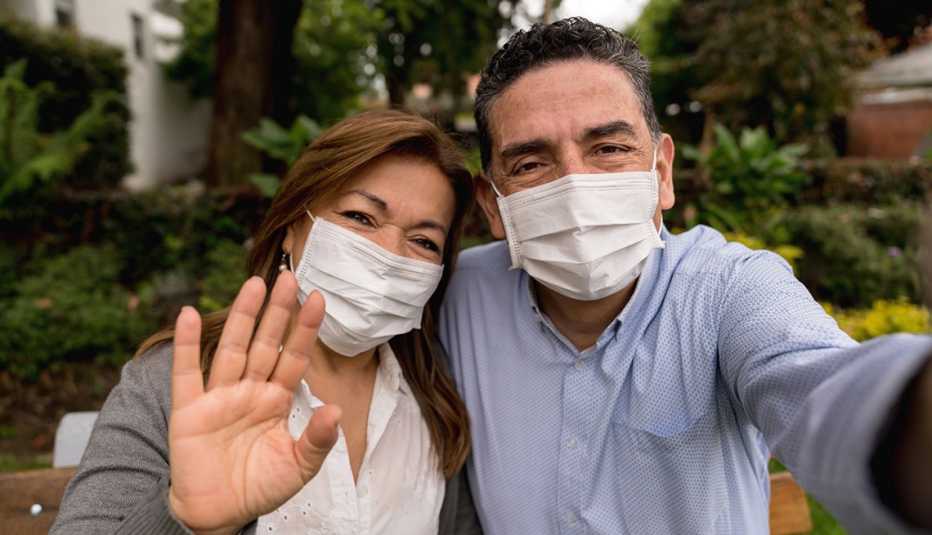AARP Hearing Center


Six years ago, Deanna Savage had breast cancer, followed by a double mastectomy and reconstruction. After more than a year of surgeries and treatment, she returned to online dating.
But her body felt different than in past years of dating: She had new “pucks and dents” in places and lost sensitivity in some areas. And she had something extra accompanying her on dates: her cancer diagnosis.
"I either mentioned it right away or I didn't mention it for a while,” says Savage, 52, who works for a wine distributor in Milwaukee and founded a nonprofit breast cancer support organization, Savage Support. “Both ways scare people off because everyone has their own relationship or even explanation of what cancer is.… And so they projected that onto me.”
Resources for Dating After Cancer
Here are some places that help with navigating dating and sex in the face of a cancer diagnosis.
• Check with your local cancer center. Many now have survivorship clinics that address issues of wellness and lifestyle, including relationships and sexuality.
• Ask your health care provider or chapter of the American Cancer Society about in-person or online support groups.
• Look for peer mentoring programs at cancer centers or organizations such as ABCD (After Breast Cancer Diagnosis) to connect you one-on-one with someone who has had a similar experience.
• Consider reputable online sources such as Cancer.net, sponsored by the American Society of Clinical Oncologists, which has information on dating and sexuality.
• Find a therapist or certified sex educator. The American Association of Sexuality Educators, Counselors and Therapists has a searchable online directory.
Cancer and its treatments affect not only the look of patients’ bodies but also sensation, mechanics and stamina, says experts like Savage, who is also a mentor with ABCD, or After Breast Cancer Diagnosis, a Milwaukee one-on-one mentoring organization. Yet companionship, romance and intimacy foster healing, says Yanette Tactuk, a licensed clinical social worker with Memorial Sloan Kettering Cancer Center in New York City.
"It's important to feel comfortable and confident, regardless of where you are in your treatment process and regardless of your relationship status,” Tactuk says. “The advantages of finding ways to love and accept oneself and to connect with others are physical, psychological, emotional and relational.”
Dating after cancer
If you're ready to start dating, begin by thinking about why, says Jeffrey Gaudet, a licensed clinical social worker in Mashpee, Massachusetts, who has led cancer survivorship programs. Dating could include physical intimacy or not, he says.



































































Dating After 50
How to Make Your Online Dating Profile Stand Out
Over-50 daters should focus on quality photos, video and bio information for success
How Much Do You Know About Dating After 50?
Find out why a thriving love life is good for your healthDating During a Pandemic: 'Love Is Not Canceled'
Older daters are connecting through video chat and getting creative about outings
Stories From the Front Lines of Pandemic Dating
4 dating experiences that could only have happened during COVID-19